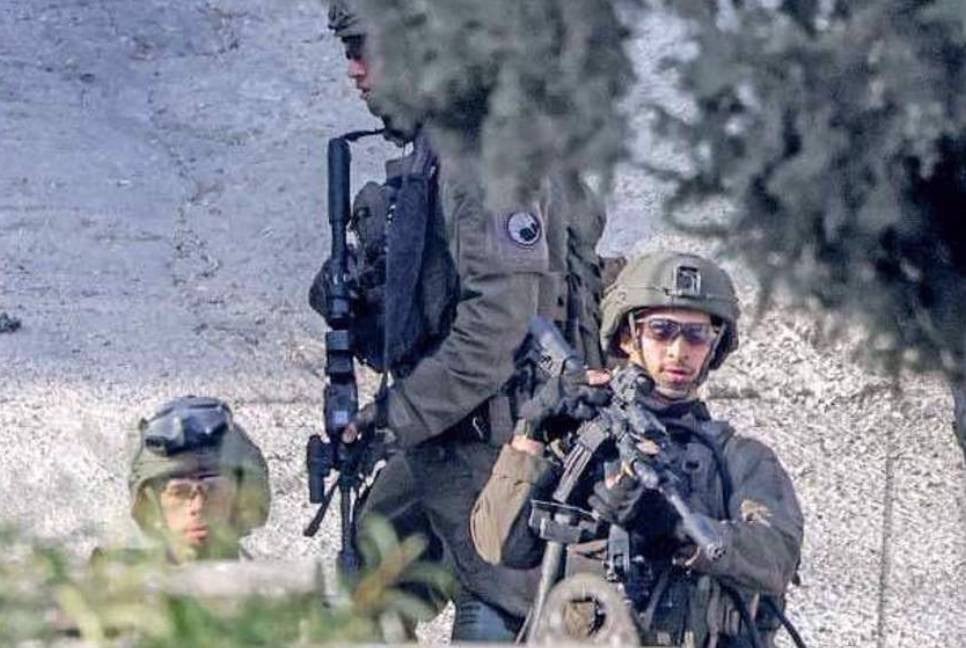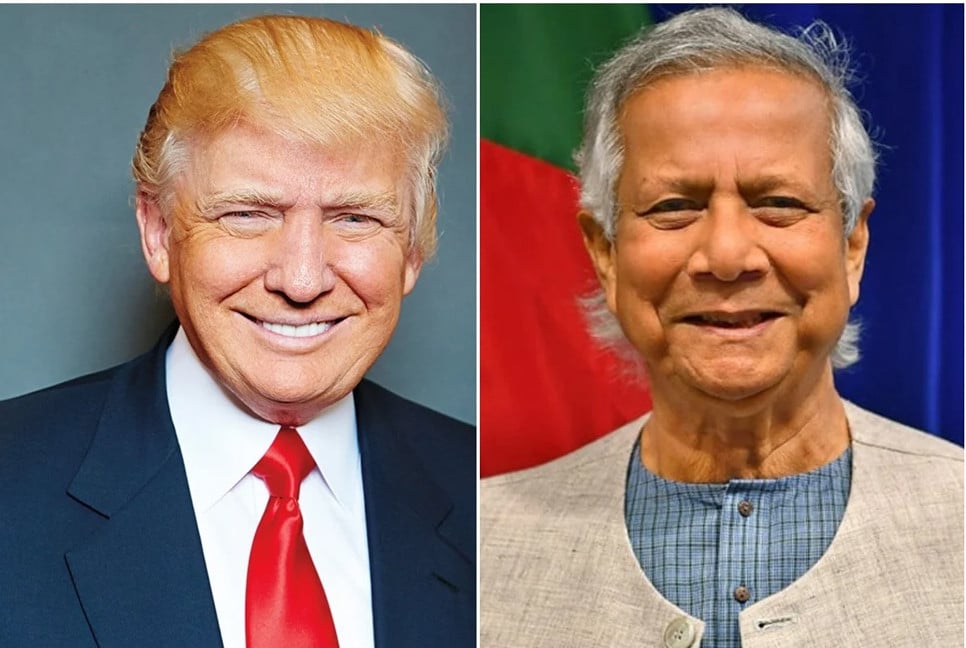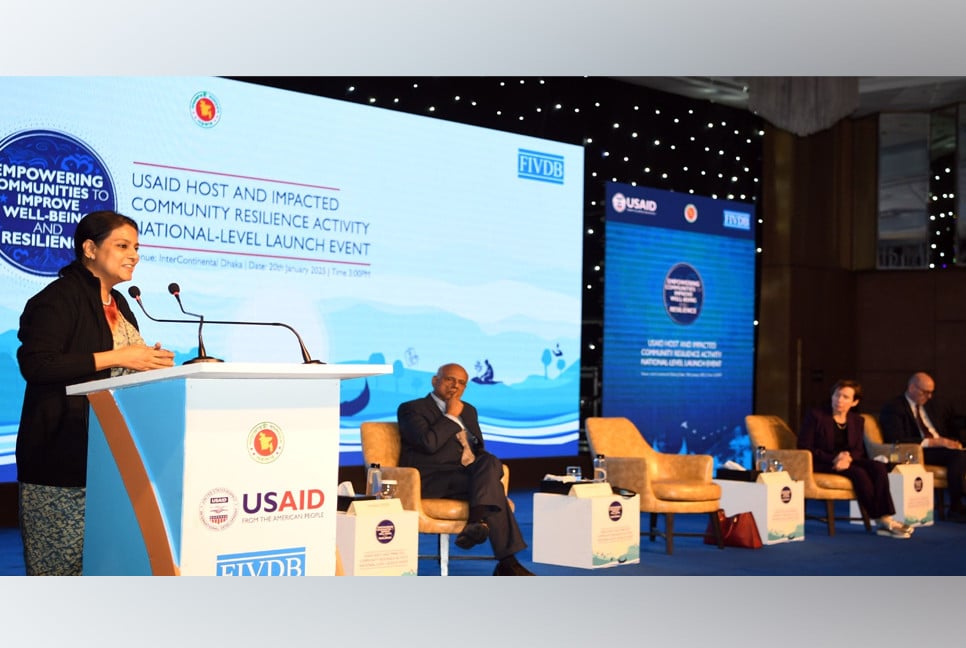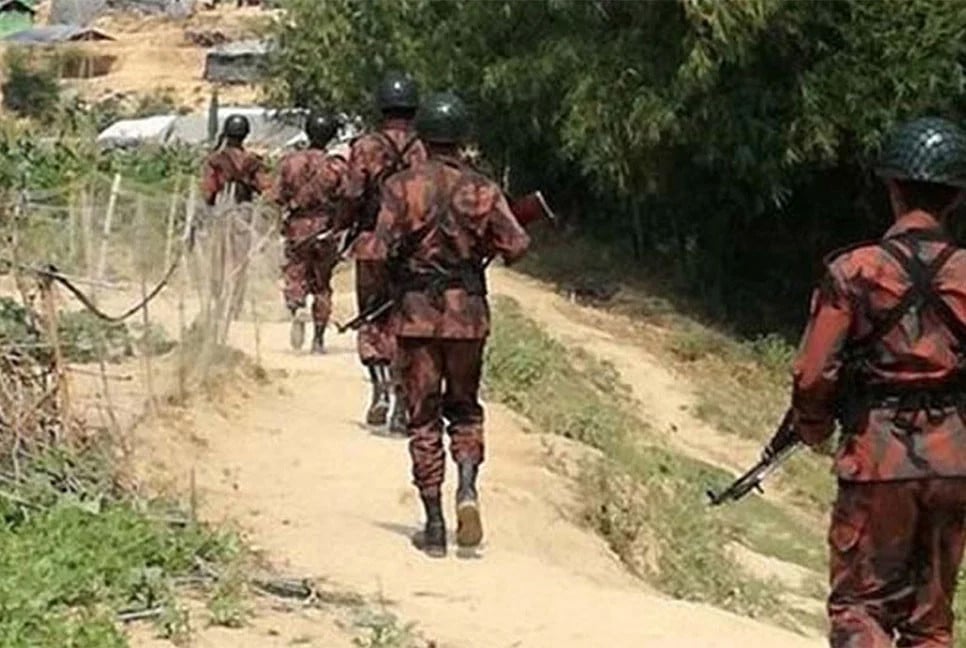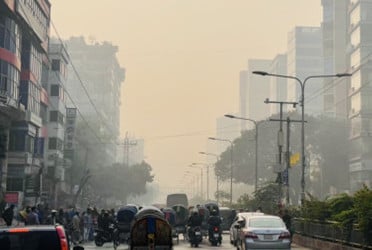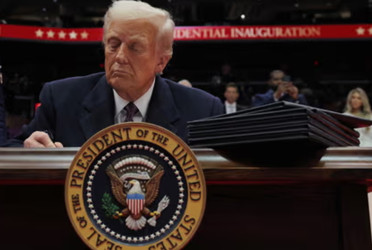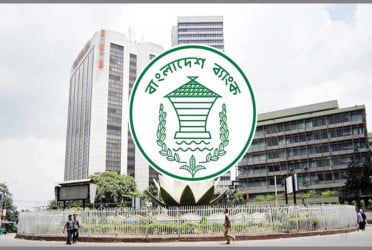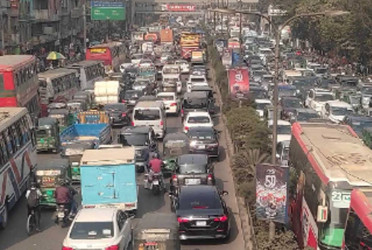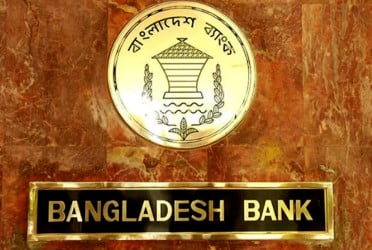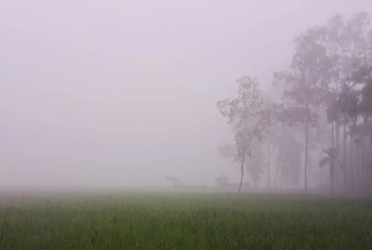International wildlife trafficking syndicates have been using Bangladesh as a transit in smuggling wild animals. The information also revealed from a report of US department of states.
Due to the strict law against wild animals trafficking in India, the smugglers are using Bangladesh as an alternative route. Wildlife crime control unit in Bangladesh, in last one decade, have been able to rescue around 38,000 live animals from being smuggled.
According to a report of anti-wildlife trafficking international organization ‘Traffic,’ each year from Bangladesh, wild animals and plants worth around Tk 500 crore get trafficked. These wild animals of various species are trafficked through various routes irrespective of roads, waterways or air-routs.
The wildlife specialists said each year from Bangladesh huge numbers of wild animals are being exported abroad. Now, it time to check whether there is illegally exported animals within these lots.
They think to stop the wildlife trafficking, there should be wildlife crime control unit in each and every airport and divisional level.
According to the information provided by crime control unit, from January to October of current year, a total of 3,266 wild animals have been rescued. And among the recovered wild animals so far, there were various birds, small dolphins, maya deer, and snakes of different species, wild cats, fish cats, entellus, civet, weasel, monkey, turtles, otters, King crabs, alligators, foxes and different kinds of aps.
However, the wildlife crime control unit told The Bangladesh Pratidin, there’re some endangered species like Bengal Slow Loris, Tokay Gecko and Pangolins that are trafficked through roadways to neighboring countries. However, the incidents of trafficking Royal Benbgal Tiges have been decreased. This was possible because of the worldwide awareness and strict enforcement of law regarding trafficking and poaching of Royal Bengal Tigers. Besides, the number of pirates has been reduced to a great extent recently, which was another reason behind this reduction in tiger trafficking and poaching.
The wildlife trafficking activities are mainly taking place in Dhaka and its peripheries, along with Kishoreganj, Sunamganj, Chalanbil and Chattogram hill tract areas and being trafficked outside the country for making illegal money. The authorities concerned of forest department said the international wildlife trafficking syndicate, at first, brings the wild animals into Bangladesh using air-route. Then, it goes to different border areas via roadways. After that, this illegally procured animal-lot goes to countries like Thailand, Malaysia, Vietnam, China, and Singapore via India.
One international syndicate is working actively in wild animal trafficking. Sometime, they engaged in trafficking animals inside the country, while rest of the times, they are using Bangladesh as a root in trafficking wildlife.
The criminals carrying wild animals are being seized every now and then; however, their local and international patrons are remaining at large. Most of the wildlife trafficking incidences are conducted through Shahjalal International Airport, Benapole, Hilly and Banglabandha land ports. The traffickers sold the animals mainly to the foreign tourist and local posh customers.
According to the report of Traffic, from 2000 to 2018, from Bangladesh a total 51 skins of Royal Bengal Tiger and various body-parts have been trafficked to other countries. The usage of Bangladesh a transit of wildlife trafficking has also revealed in the reports.
Wildlife crime prevention unit director Md Sanaullah told the Bangladesh Pratidin, as strict law and subsequent are prevailing in India, the traffickers are using Bangladesh as the transit. The Wildlife crime control unit is working as a combined force under the forest department. Its works and activities are conducted by taking manpower from different governmental-units. Wildlife crime control unit make list of suspected people in different districts who can be involved with animal-trafficking. They prove the list to Interpol, which in turn, given to Bangladesh Police. However, the right number of people involved in animal trafficking hasn’t been found out yet. According to sources, most of them do it as a ‘supporting’ or a secondary business.
According to a report published by US department of state, the wild animal-traffickers are choosing Bangladesh as a route of trafficking animals to or via India.
The report also states that Bangladesh Police are working very closely with Interpol in collecting and analyzing information on the people and the parties who are involved with wild animal trafficking.
@The article was published on print and online versions of The Bangladesh Pratidin on November 15, 2022 and rewritten in English by Lutful Hoque



